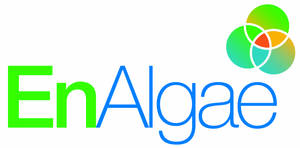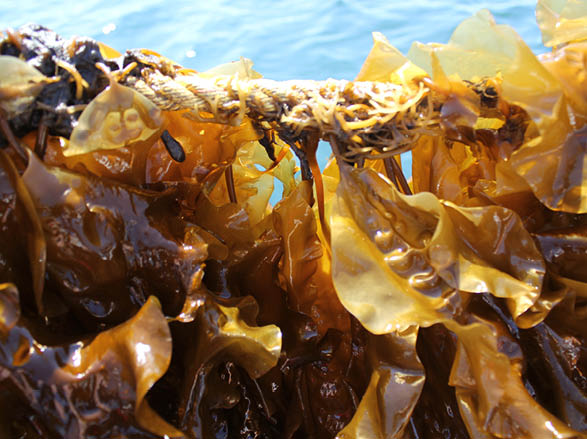 The Energetic Algae project ('EnAlgae') was a €14.5 million Strategic Initiative of the INTERREG IVB North West Europe (NWE) Programme, led by Swansea university and engaging 19 partners and 14 observers across 7 EU member states.
The Energetic Algae project ('EnAlgae') was a €14.5 million Strategic Initiative of the INTERREG IVB North West Europe (NWE) Programme, led by Swansea university and engaging 19 partners and 14 observers across 7 EU member states.
The project aimed to assess the potential for algae based bioenergy to reduce CO2 emissions and dependency on unsustainable energy sources in North West Europe.
Core to the project was a network of pilot micro- and macro-algal facilities, integrated with existing industrial and agricultural processes to capture and remediate flue gas CO2 and soluble aqueous waste.
Open days provided an opportunity for interested parties to find out more about the technologies and applications being developed.
Information from the pilots and from consultation with stakeholders helped to inform an analysis of the economic, policy and regulatory, technological and environmental aspects of algal biomass production and conversion to bioenergy and other marketable products, processes and services.

Finally, information from across the algal biotechnology delivery chain has been combined into an ICT-based decision support tool which can guide decisions, identify gaps in knowledge and capability and provide a roadmap for stakeholders to focus future actions to accelerate algal biomass production and utilisation.
NNFCC was a work package lead, coordinating work to identify opportunities and barriers to implementation of algal technologies. This involved investigating the political, economic, social, environmental and technological opportunities and barriers to algae use for energy in North West Europe and developing actions to promote the uptake of algae based energy in the region through liaison with various levels of stakeholders (Government, Industry, Academia) and provision of a route map for further action and change.
You can find more information on this project here.